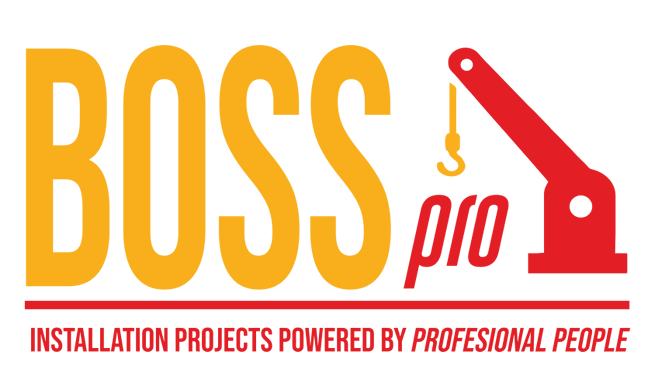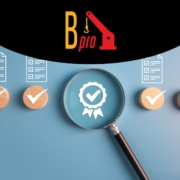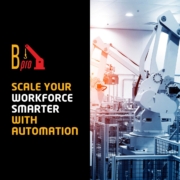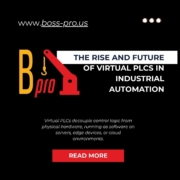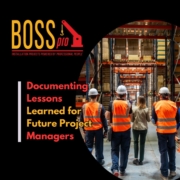Staffing as a New Solution for Industry
Why staffing is shaping industry
The staffing industry in the U.S. remains a vital pillar: nearly 2.5 million temporary and contract workers were active in staffing assignments in a typical week in 2023. American Staffing Association+2Shortlister+2 Companies increasingly lean on staffing services to bridge skill gaps, scale rapidly for project-based work, and manage labour cost fluctuations.
Industries such as manufacturing and supply-chain operations face multiple pressures: workforce ageing, variable demand, and the need for new technical competencies (robotics, automation, clean-tech). Traditional hiring can be too slow or too rigid. In contrast, staffing solutions allow firms to onboard pre-qualified talent quickly, trial new roles without long-term commitment, and maintain staffing flexibility aligned with business cycles.
Strategic benefits for the industrial sector
-
Agility in project deployment: Organisations often require teams for new programmes (for example, process redesign, automation roll-out, maintenance campaigns). Staffing providers deliver experienced personnel ready to plug in, reducing downtime and lead time.
-
Cost management: With staffing, firms convert fixed labour cost into variable cost. This allows better alignment of labour expenditure with actual workload fluctuations, avoiding over-hiring or under-resource risk.
-
Access to specialised skills: Advanced manufacturing now demands knowledge in data analytics, robotics, IoT, and process optimisation. Staffing firms specialising in industrial talent can provide niche skill-sets that would otherwise require lengthy hiring cycles.
-
Risk mitigation: Staffing reduces recruitment and administrative burden, and allows firms to test resource fit before committing to permanent hires, thereby reducing turnover risk.
Implementation best practices
To maximise value from staffing, industry players should adopt these practices:
-
Define clear scopes and deliverables for contract roles (duration, outputs, skill-level) rather than generic “temp worker” jobs.
-
Partner with staffing firms that understand industrial environments, safety, compliance and certification needs.
-
Integrate contract teams into the core workflow: treat them as part of the team rather than separate. This drives engagement, productivity and knowledge transfer.
-
Leverage analytics: Use data on contract labour performance, utilisation and skills to drive future staffing planning and workforce strategy.
The future outlook
As digital transformation intensifies (automation, AI, smart manufacturing), the industrial workforce will demand more adaptability and hybrid skill-sets. According to industry research, staffing firms that embrace technology, sourcing innovation and digital platforms will lead in 2025 and beyond.
At Boss-Pro, we position staffing not as a fallback option but as a core enabler of industrial competitiveness.
By aligning staffing strategy with business growth, firms can unlock operational flexibility, cost control, and access to specialised talent—transforming staffing from a short-term fix into a long-term strategic lever.
